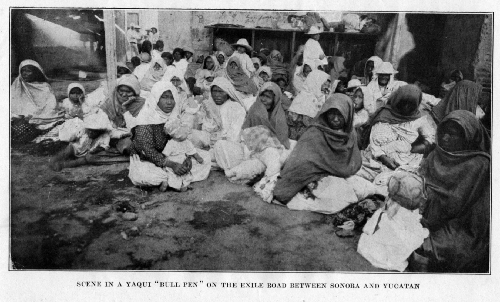Lowry draws heavily on John Kenneth Turner's Barbarous Mexico, a 1910 indictment of the Porfirio Díaz era.
Consuls were expected to look after the interests of trade between countries – were they not? But towns in Arizona that did not do ten dollars' worth of trade a year with Mexico had consuls maintained by Díaz. Of course, they were not Consuls but spies.– UTV, 35.
Consuls are supposed to be for the purpose of looking after the interests of trade between countries, but towns in California, Arizona, New Mexica and Texas which do not do a hundred dollars worth of trade a year with Mexico have consuls which are maintained by Díaz at the expense of tens of thousands of dollars a year.
Such consuls are not consuls at all. They are spies, persecutors, bribers. – Barbarous Mexico, 278.
Images: Photographs from Barbarous Mexico.
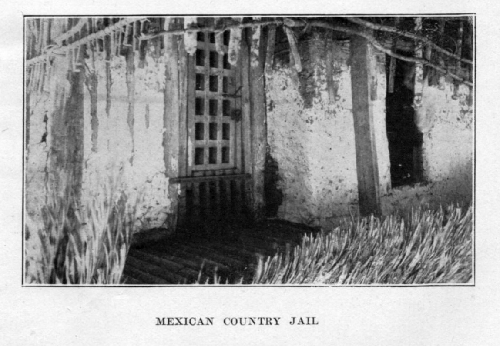
Lowry spent some time in jail in Oaxaca in late 1937 or early 1938. In letters to friends, he blamed his brief incarcerations on police suspicion of him being a Spanish spy, as well as mentioning in passing that his public drunkenness may have contributed to him being arrested.
Chapter 2 of Barbarous Mexico, entitled "The Extermination of the Yaquis", tells how the Yaquis were goaded into war to fight for their lands, of the mass killings and brutalities against the tribe, and of the "final solution" of the Yucatán slave camps and the henequen plantations.
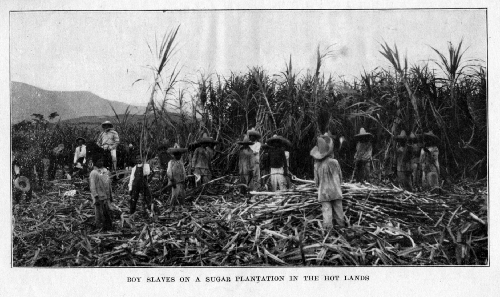
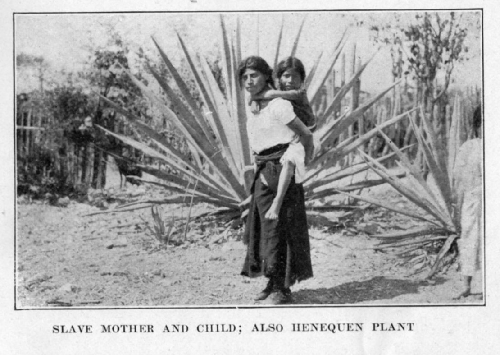
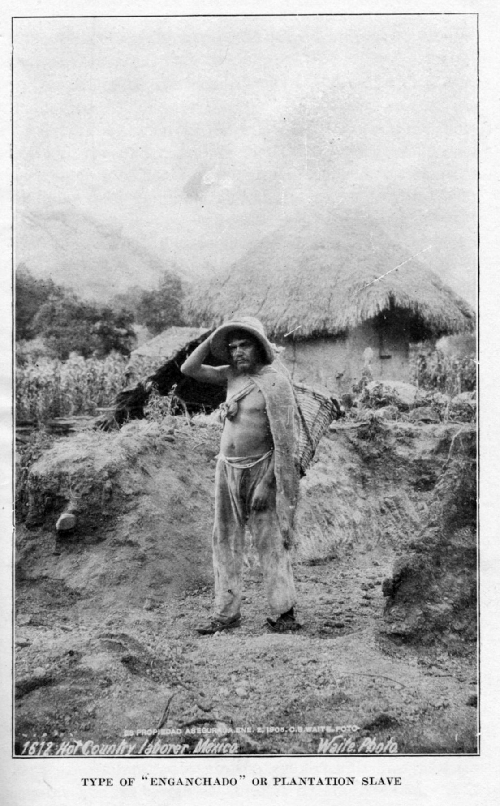
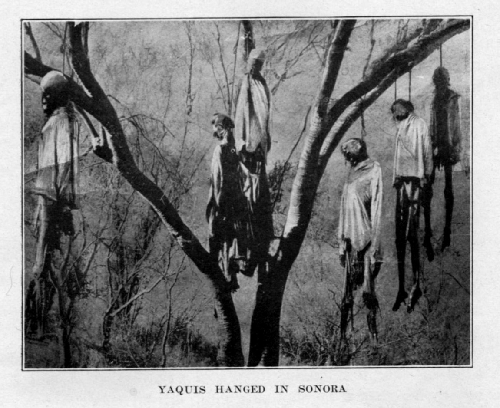
And in Oaxaca lay the terrible Valle Nacional where Juan himself ... had seen ... another, bought for forty-five pesos, starved to death in seven months, because it was cheaper this should happen, and the slave-holder buy another slave, than simply have one slave better fed merely worked to death in a year. – UTV, 112.
The Díaz government transferred thousands of Yaqui from Sonora to the Yucatán peninsula, where they were sold as slaves and commonly worked to death.
